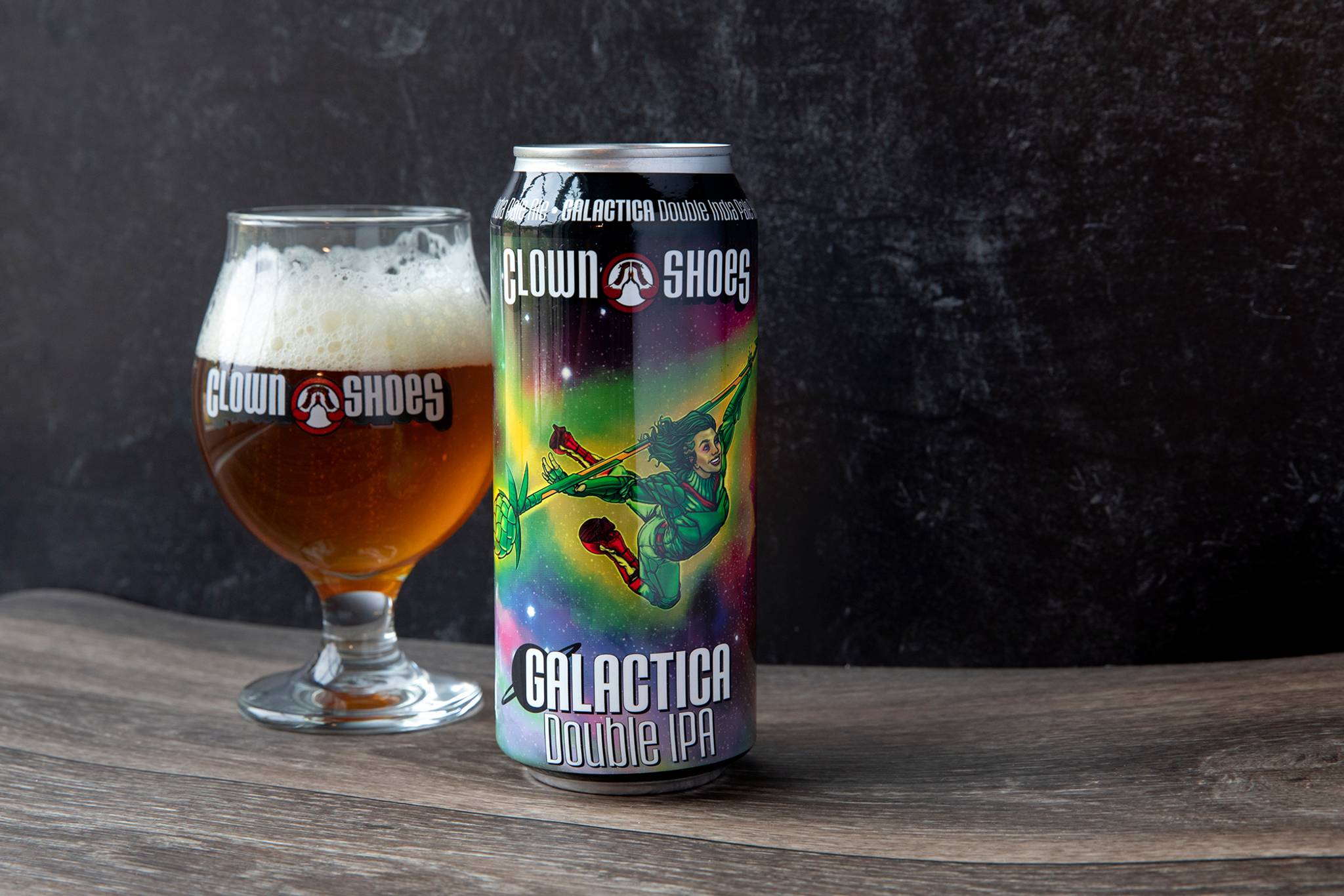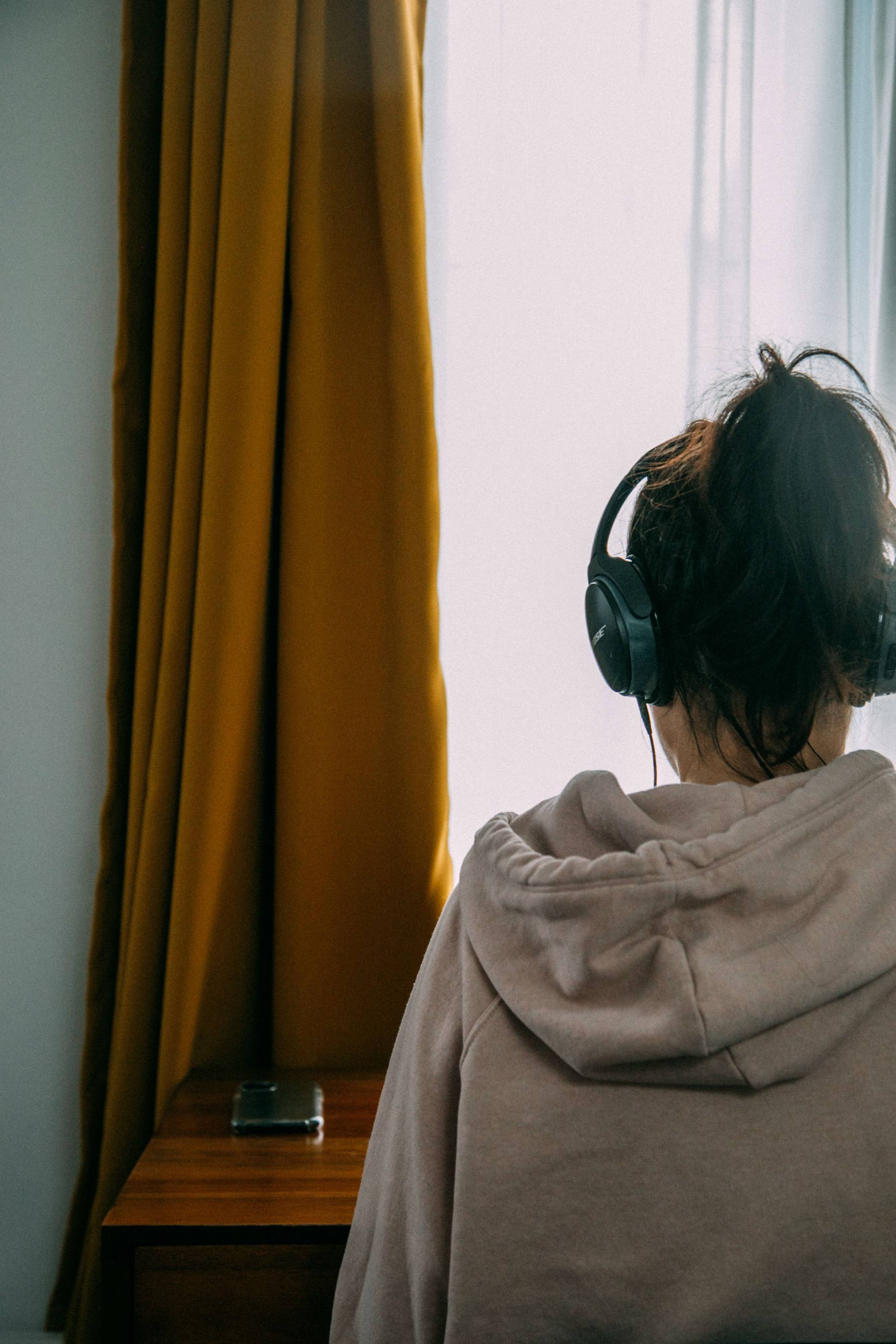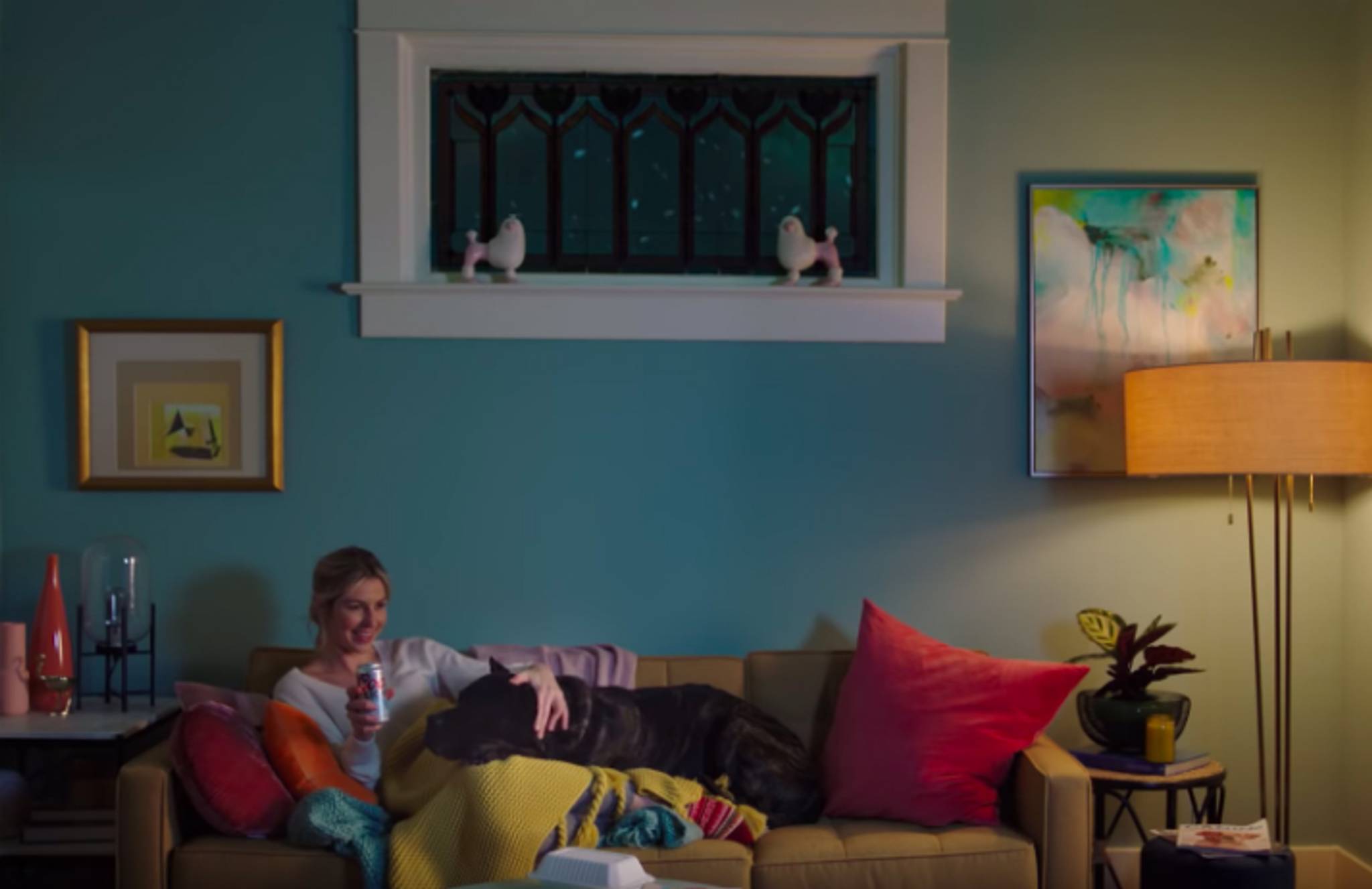
Coors Light is encouraging people to ‘spring clean’ the stuff they bought during the pandemic by swapping their unwanted items for beer. With people having turned to retail therapy for solace, they may be looking to declutter, and brands can offer playful incentives to help. We explore the insights behind this campaign.
Coors Light has set up two exchange centers, one in Atalanta and another in Nevada, where people can swap unwanted clutter for its weight in beer, as part of the ‘Clutter for Coors’ campaign. Diving into the idea that people want to turn their homes into chilled-out spaces after the chaos of COVID-19 and the at-home stress people have experienced, the campaign's focus is “to restore relaxation” by “taking clutter off your hands and replacing it with cases of beer so you can finally relax.” With the items swapped for beer being donated to local charities, Coors is particularly on the hunt for unneeded PPE, nonperishables, and hygiene products.
In the US, 43% of people have indulged in ‘comfort buying’ to cope with social isolation. With people buying items they don’t really need, Dr. Pamela Turner, a professor of housing and indoor environment specialist at the University of Georgia, believes that removing clutter will “help with stress and mental health... It's one thing, you can control in a chaotic world of COVID-19, where you don't have control over a lot of stuff. You can control cleaning.” Some brands are taking a different approach by promoting the longevity of items. IKEA, for instance, has released ‘disassembly’ guides so people can reuse its items long-term.
Louis Tozer is a behavioural analyst of social sciences at Canvas8. He holds a master's degree in history from UCL School of Slavonic and East European Studies and was formerly a research assistant at the Institute of Philosophy and Social Theory in Belgrade. He can often be found in the pub with friends or at Roots Hall, the home of Southend United.



